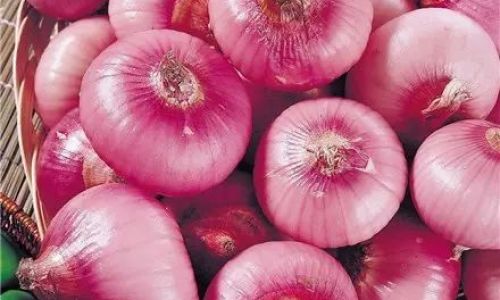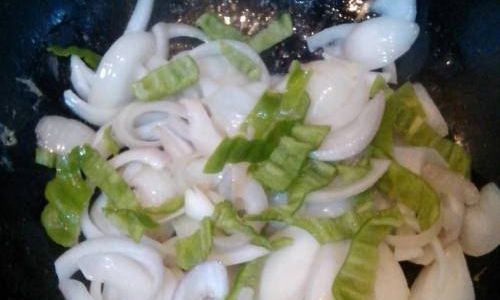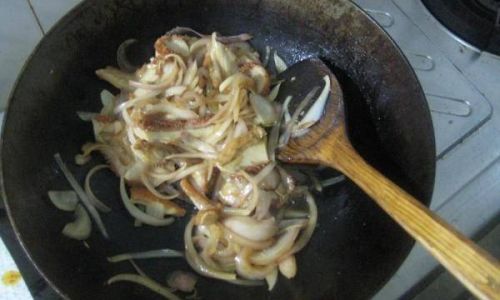Introduction
Lemon juice, extracted from the citrus fruit lemon, is a versatile ingredient used in various culinary preparations, beverages, and even for health benefits. Its tangy, refreshing flavor enhances dishes and drinks, while its nutritional profile, rich in vitamin C and antioxidants, contributes to overall health. However, one question often arises among home cooks and food enthusiasts: how long can fresh lemon juice be stored?

Understanding the shelf life of fresh lemon juice is crucial for ensuring food safety and maintaining optimal taste and quality. This guide delves into the factors influencing the storage duration of fresh lemon juice, the best storage practices, and how to identify signs of spoilage. By the end, you’ll have a comprehensive understanding of how to extend the freshness of your lemon juice and use it safely.
Factors Influencing the Shelf Life of Fresh Lemon Juice
Several factors determine how long fresh lemon juice can be stored. These include:
-
Extraction Method
- Hand-Squeezed Juice: When lemons are squeezed by hand, the juice retains more natural enzymes and oils, which can affect its shelf life.
- Juicer-Extracted Juice: Using a juicer can separate some of the pulp and seeds, potentially extending the juice’s shelf life slightly due to reduced enzymatic activity.
- Store-Bought Juice: Commercially produced lemon juice often contains preservatives, which significantly extend its shelf life compared to homemade juice.
-
Storage Conditions
- Temperature: Refrigeration slows down bacterial growth and enzymatic activity, thereby prolonging the shelf life of lemon juice. Room temperature storage accelerates spoilage.
- Container Type: Airtight containers minimize exposure to oxygen and contaminants, preserving the juice’s freshness longer. Glass bottles are often preferred over plastic due to potential chemical interactions.
- Light Exposure: Direct sunlight can degrade the vitamins and antioxidants in lemon juice, reducing its nutritional value and accelerating spoilage.
-
Purity and Additives
- Pure Juice: Unadulterated lemon juice has a shorter shelf life due to the absence of preservatives.
- Additives: Adding a small amount of ascorbic acid (vitamin C) or a natural preservative like honey can extend the juice’s shelf life slightly.
-
Initial Quality of the Lemons
Fresh, ripe lemons yield the best juice quality. Overripe or moldy lemons can introduce contaminants into the juice, shortening its shelf life.
Shelf Life of Fresh Lemon Juice
The shelf life of fresh lemon juice varies depending on the storage conditions and the factors mentioned above. Here’s a breakdown:
- Refrigerated (40°F or Below):
- Hand-Squeezed Juice: Generally lasts 3 to 5 days.
- Juicer-Extracted Juice: Can last up to a week if pulp and seeds are minimized.
- Frozen:
Properly frozen lemon juice can retain its quality for up to 3 months. However, the texture and flavor may change slightly upon thawing.
- Room Temperature:
Fresh lemon juice should not be stored at room temperature for extended periods. If left out, it should be consumed within a few hours to avoid bacterial growth.
Best Practices for Storing Fresh Lemon Juice
To maximize the shelf life and quality of your fresh lemon juice, follow these best practices:
-
Immediate Refrigeration
After extracting the juice, pour it into an airtight container and refrigerate immediately. This slows down bacterial growth and preserves the juice’s freshness.
-
Choose the Right Container
Opt for glass or stainless steel containers to avoid potential chemical interactions with plastic. Ensure the container is clean and dry before use.
-
Minimize Air Exposure
Pour the juice into the container leaving minimal headspace to reduce oxygen exposure. Seal the container tightly to prevent contamination.
-
Label and Date
Mark the container with the date the juice was extracted. This helps you track its freshness and ensures you use it within the recommended timeframe.
-
Store in the Coldest Part of the Refrigerator
The back of the refrigerator’s top shelf is typically the coldest spot. Storing your lemon juice here will help maintain its quality longer.

-
Avoid Contamination
Use clean utensils when scooping or pouring the juice to prevent cross-contamination.
Freezing Fresh Lemon Juice
Freezing is an excellent way to extend the shelf life of fresh lemon juice. Here’s how to do it:
-
Preparation
Extract the juice as usual and pour it into an airtight container. Avoid filling the container to the brim to allow for expansion during freezing.
-
Portioning
Consider portioning the juice into smaller containers or ice cube trays. This makes it easier to thaw just the amount you need, reducing the risk of repeated freezing and thawing, which can degrade quality.
-
Labeling
Label the containers with the date and the contents. This ensures you know how long the juice has been frozen and makes it easier to identify in the freezer.
-
Freezing
Place the containers in the freezer and ensure they are level to prevent leaks. Allow the juice to freeze completely before transferring any ice cube trays to long-term storage containers.
-
Thawing
To thaw, place the container in the refrigerator overnight. Avoid thawing on the countertop or in hot water, as this can promote bacterial growth and alter the juice’s texture and flavor.
Signs of Spoilage in Fresh Lemon Juice
Knowing how to identify spoiled lemon juice is crucial for food safety. Here are some signs to look out for:
-
Change in Color
Fresh lemon juice is typically a bright yellow color. If it darkens or develops an off-color, it may be spoiled.
-
Off Odor
Fresh lemon juice has a refreshing, citrusy aroma. If it develops a sour, musty, or moldy smell, discard it immediately.
-
Change in Texture
Spoiled lemon juice may become thicker or develop a slimy texture. Avoid consuming it if you notice any changes in consistency.
-
Visible Mold
If mold appears on the surface of the juice or inside the container, discard the entire batch. Mold spores can spread throughout the juice, making it unsafe to consume.

-
Off Taste
Fresh lemon juice has a tangy, sour flavor. If it tastes bitter, metallic, or otherwise unpleasant, it’s best not to consume it.
Using Fresh Lemon Juice Safely
To ensure you use fresh lemon juice safely, follow these tips:
-
Inspect Before Use
Always check the juice for signs of spoilage before using it. If in doubt, discard it.
-
Wash Lemons Thoroughly
Before juicing, wash the lemons under running water to remove dirt, pesticides, and other contaminants.
-
Use Clean Tools
Ensure all utensils and equipment used for juicing and storing the juice are clean to prevent cross-contamination.
-
Consume Promptly
Once extracted, use the juice within its recommended shelf life to ensure optimal freshness and safety.
Conclusion
Fresh lemon juice adds a burst of flavor and nutrition to various dishes and drinks. Understanding how to store it properly and recognizing signs of spoilage ensures you can enjoy its benefits safely and optimally. By following the best practices outlined in this guide, you can maximize the shelf life of your fresh lemon juice and maintain its high quality. Remember, when in doubt, err on the side of caution and discard any juice that shows signs of spoilage to protect your health.
Further Reading and Resources
For those interested in diving deeper into the world of lemon juice and its various uses, here are some additional resources:
-
Nutritional Benefits of Lemon Juice: Explore the vitamins, minerals, and antioxidants found in lemon juice and how they contribute to overall health.
-
Culinary Uses of Lemon Juice: Discover creative ways to incorporate lemon juice into your favorite recipes, from marinades and dressings to desserts and beverages.
-
Lemon Juice Alternatives: Learn about other citrus juices that can be used as substitutes for lemon juice in various recipes.
-
Food Safety Guidelines: Stay informed about food safety practices, including proper storage, handling, and cooking temperatures, to prevent foodborne illnesses.
-
Lemon Juice Recipes: Find inspiration in a collection of delicious recipes that showcase the versatility of lemon juice.
By leveraging these resources, you can enhance your understanding of lemon juice and its role in your culinary and health routines. Happy juicing!






0 comments